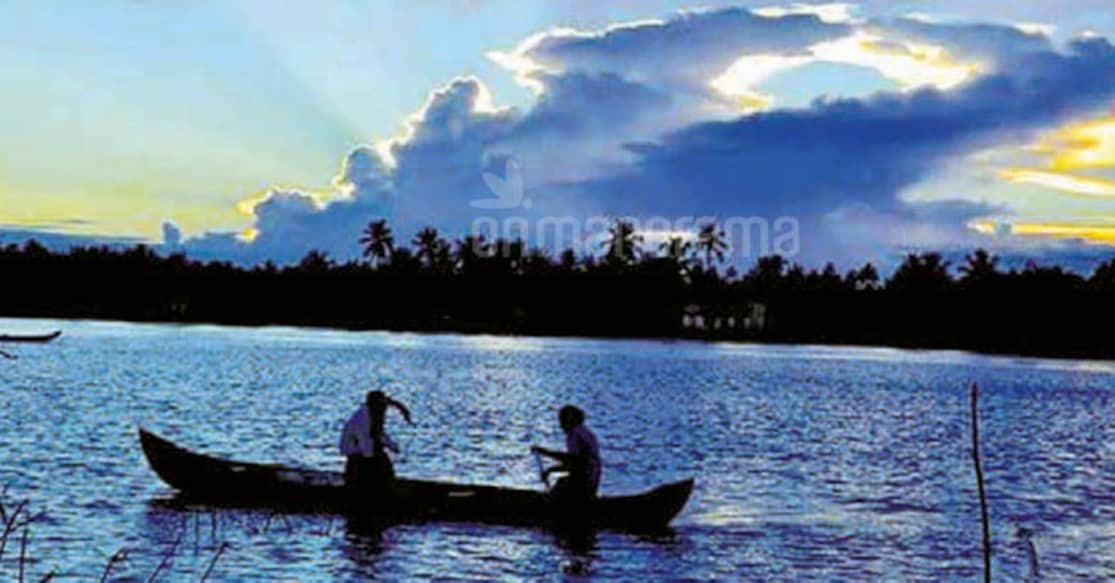Kakkathuruth: an isle the world admires

Mail This Article
The natives of Kakkathuruth are overwhelmed with joy and awe after hearing the news that their tiny islet has been enlisted among the world tourism hotspots. They are still wondering how their remote little island, which is sporadically visited by tourists, made it.
Kakkathuruth, a small village tucked away from the hectic modern world, is a place not so easy to reach even for the native people. It is like an unkissed flower, which has not known the invasion of the world outside. Here, life flows smoothly in the company of the beautiful nature. Once you reach here, you will forget that you are in an isle surrounded by waters on all sides. In its heart, Kakkathuruth is a green hamlet.
Nature has blessed this tiny island with a bunch of bounties like verdant paddy fields, coconut groves, small water bodies, marshes and so on. Walking is the only means of conveyance. Tiny green isles and small ponds in which light blue flowers bloom are delightful sights. When the dusk falls, birds retreat into their nests. Once you have seen the golden rays of the setting sun reflecting on the rippling waters, you will never again ask the question why this alluring little island has found a place in the world tourism map.
Kakkathuruth is different from other islands of the Lake Vembanad because of the pure water profusely available in its wells and canals. Thekkumthara, one of the main spots on this island, is a favorite rendezvous of birds. All kinds of birds swarm at this place as plenty of fish and a variety of grain are available here. Occasionally, you can see migratory birds making a halt here. Some natives say that many years ago, crows were the only birds found here. That was how this place got its name: Kakkathuruth, which means islet of the crows.
Life in the Isle
Kakkathuruth is a part of the ninth ward of Ezhupunna panchayat. Eight hundred people from three hundred families dwell in this island. This island is three kilometers long and one kilometer wide. The inhabitants of this island follow an interesting lifestyle. Almost all houses have a country boat of their own. Apart for that, there are no other vehicles here. There is neither any road in the sense we use the term, except for the paths through which one can walk on his legs. That is how the natives move about in the island.

The first sight that catches your eye at the day break is of the country boats sailing through the lake to collect fresh water snails. The snail collectors consist men and women. They erect a bamboo pole somewhere in the middle of the lake, and through this pole, they glide down to the bottom of the lake and collect the water snails.
In olden days, the natives of the island depended on paddy cultivation for livelihood. But, today they have shifted their focus to fish farming. Co-operative societies organize them and direct them in fish farming. There are some others who are engaged in cattle farming too. Most of the women go to work at the fish processing unit functioning nearby. Except for an Ayurvedic hospital and an Ankanvadi, there are no other public sector institutions functioning here.

One remarkable thing about this islet is that everyone here knows each other personally. If one of them faces a problem, everyone else would feel that it is his or her own problem. This is definitely a land that still upholds the pristine goodness of mankind, far from the pretenses of urban life.

